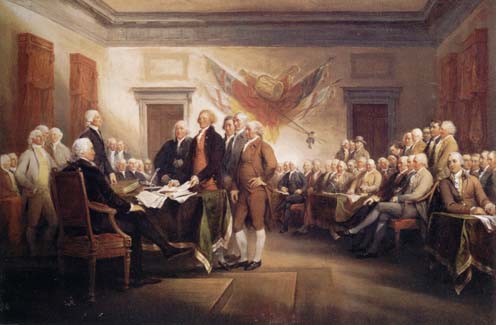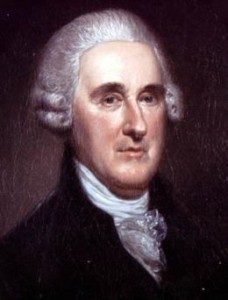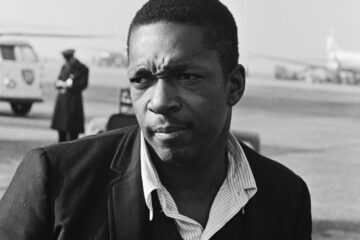Those Who Stood Up and Signed: Part 8

I still remember how our Social Studies in high school drilled into our minds how the signers of the Declaration of Independence were risking their lives signing that document. That they were, yet they were not going to allow themselves to be bullied to by any music celebrity, actor, anyone who considered themselves “royalty”, or anyone regardless of their religious beliefs, sexual preferences, country of origin or gender.
Much like their world, in today’s world, standing up for a certain political view can get you seriously injured or killed. Neither side has a monopoly on peace or love. If you dare defy an anti-Trump protester one can get seriously hurt, injured, tortured on Facebook, or killed. The events in Charlotte, NC have shown us that that evil organization, the KKK is still active too.
I want us to better understand these 56 men who were willing to risk everything for their country. So, in the following weeks, I am going to tell you about them, in alphabetical order mostly. I am not sure how many weeks it is going to take. I guess it will be based on how much I can actually find out about them as individuals.
Most of the biographical information will be taken from The Society of the Descendants of the Signers of the Declaration of Independence which gives extensive bios of each of the signers. Here, I shall highlight some of the parts of their lives that showed their character and spirit.
Philip Livingston (01/15/1716-06/12/1778) was the product of a family of rebels. His grandfather was exiled to the Netherlands for refusing to swear allegiance to King Charles II. When his father died, Philip’s father went to Scotland and then back to the American colonies. He settled in Albany, New York and was successful in the fur trade. He got involved in politics and served as Secretary for Indian Affairs, town clerk, collector of customs, and clerk to the colony’s largest private landholding, the Patroonship of Rensselaerwyck. Philip graduated from Yale and became a successful importer. He served in politics as “…magistrate, commissary, alderman, recorder and mayor from 1696 to 1698. He was also a member of the first five Provincial Assemblies, Commissioner of Indian Affairs for many years and political agent to Canada four times.”His brother went on to be the first Governor of New Jersey, William Livingston. He died at the age of 62.
Thomas Lynch Jr. (8/5/1749-1779) was one of the youngest signers and one of the only ones to not die of natural causes. He was sent to England at an early age. His father was hoping he would pursue law. He spent 9 years there, but returned loathing the British and their condensation toward the people of the colonies. When he returned he married a woman whose sisters also married signers of the Declaration. He never entered the profession of law but became a planter and that led to wealth and political positions. “When the first provincial regiment was raised in South Carolina [whom he represented at the Continental Congress] in 1775, a captain’s commission was accepted by young Mr. Lynch, and in company with C. C. Pinckney, he made a recruiting excursion into North Carolina to raise the company he was to command.” It was there that he contracted the malaria that led to his downfall. After signing in August of 1776, his doctors counseled him to go to France for rest and some treatments but his ship disappeared in the Bermuda Triangle.
Thomas McKean (03/19/1734-06/24/1817)
led a life full of controversy. There was controversy over when he signed the Declaration, he challenged Timothy Ruggles to a duel, and was threatened with impeachment in his position as Chief Justice. He was a Pennsylvanian born and bred but represented Delaware. Instead of being the son of a rich landowner or merchant, he was the son of a tavern-owner. But he studied law very very hard and became a lawyer. His hard-work ethic won him many positions of honor and responsibility but stifled him socially. He was clerk to the prothonotary of the Court of Common Pleas, deputy attorney general and clerk of the Delaware assembly, Judge in the Court of Common Pleas, delegate to the First Continental Congress (for Delaware) in 1774, Chief Justice and Governor or Pennsylvania, President of the Continental Congress, and received honorary degrees from Princeton, Dartmouth, and the College of Pennsylvania. In his spare time, he fathered 10 children.
“John Adams described him as ‘one of the three men in the Continental Congress who appeared to me to see more clearly to the end of the business than any others in the body.'”
Romans 12:2 Do not be conformed to this world, but be transformed by the renewal of your mind, that by testing you may discern what is the will of God, what is good and acceptable and perfect.
————————————————————W.







No Comment